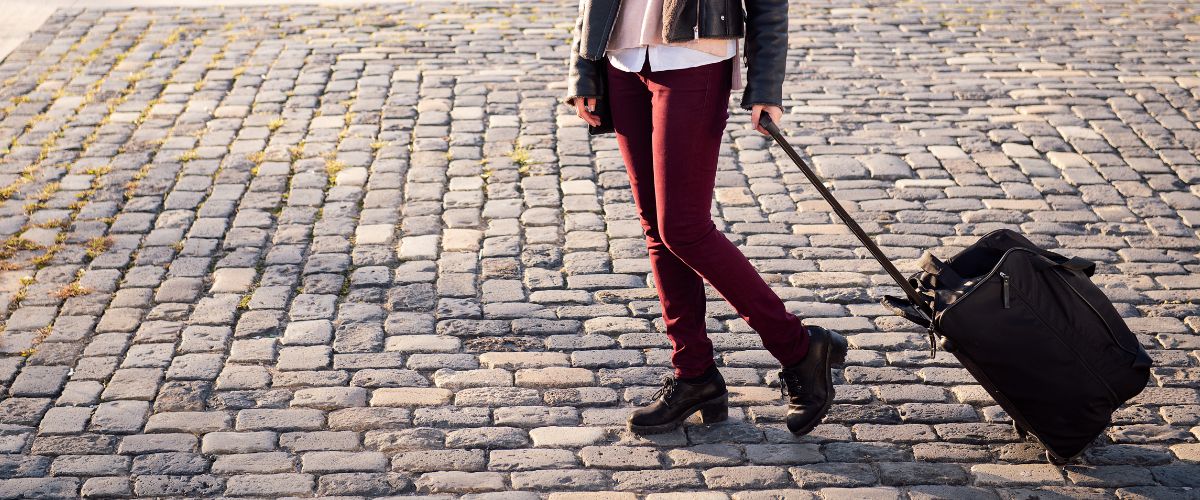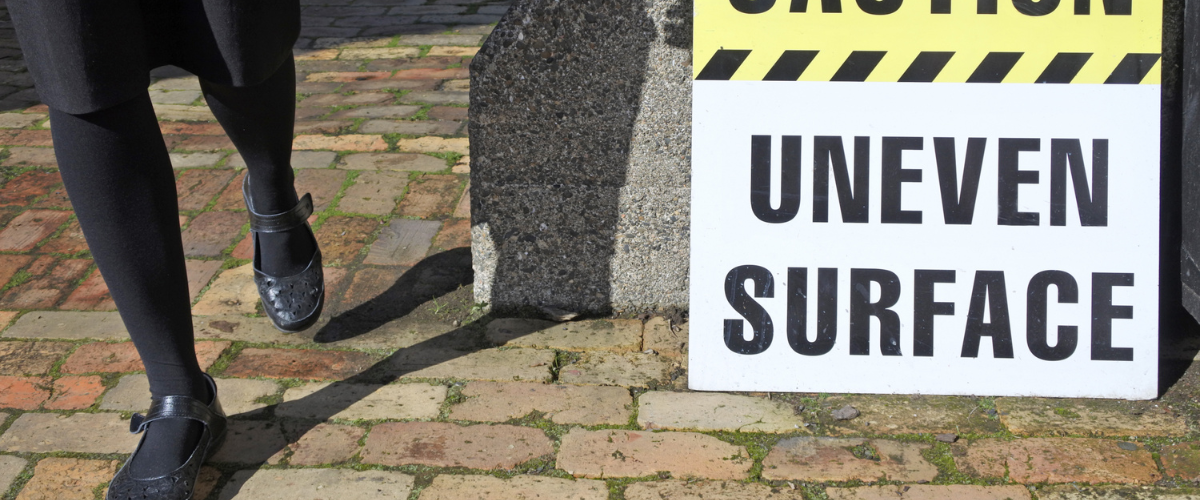One of the least-discussed aspects of travel is physical preparedness. While most people focus on destinations, itineraries, and packing lists, it’s just as important to consider whether your fitness level matches the demands of your trip. It’s not about being an elite athlete—it’s about making sure you can fully enjoy your experience without struggling or holding others back.
Travel Fitness: It’s Different for Everyone
Fitness isn’t a one-size-fits-all concept. What feels easy for one person might be a real challenge for another. Some trips involve long walks over uneven ground, frequent stair climbing, or stepping in and out of high-set vehicles. If you aren’t prepared for these physical demands, it could take away from your enjoyment or even prevent you from participating in activities you were looking forward to.
A Real-World Perspective
Take it from someone who knows. Back Track’s own Naomi, an experienced traveller, faced an enormous challenge after surviving a massive stroke. With determination and the right preparation, she was able to achieve her goal of solo travel again. She trained for her first post-stroke international trip—Egypt—by consulting with her physiotherapist and occupational therapist, practicing key movements, and gradually increasing her endurance. Thanks to her dedication, she completed the trip successfully and didn’t miss out on any experiences.
Another example is a Back Track client on a Sri Lanka trip who had bad knees. Knowing that steep climbs were part of the itinerary, she wisely opted out of some activities because she knew her limits. While she missed a few sights, she made the best choice for her abilities—and for the group.
How to Assess Your Own Fitness
Before committing to a trip, take a realistic look at what’s required. Travel companies provide details about physical requirements for a reason, and while some questions might feel personal, they are asked to ensure you have the best experience possible. Here are a few factors to consider:
- Walking Distance & Terrain: Are you comfortable walking long distances on uneven surfaces?
- Stairs & Elevation: Can you climb multiple flights of stairs or walk uphill?
- Balance & Mobility: Can you step into boats, vehicles, or trains without assistance?
- Climate & Conditions: Will you be travelling in extreme heat, humidity, or cold?
- Luggage Handling: Are you able to lift and carry your own luggage? While wheeling a suitcase through an airport is easy, a 20kg bag can be a real challenge when faced with a few flights of stairs or cobblestone streets.

Preparing for Your Trip
If your trip involves physical challenges, there are ways to prepare in advance. Consider:
- Checking with your doctor before booking
- Talking to a physiotherapist about key exercises
- Practicing stair climbing, walking on different surfaces, or carrying a backpack
- Strengthening your legs and core with squats and balance exercises
- Investing in proper footwear for support and stability
Disclosing Your Needs
It’s always a good idea to let your travel advisor know about any mobility concerns. They can help arrange assistance, suggest alternative activities, or advise on whether the trip is right for you. It might be as simple as ensuring you have a ground-floor hotel room or requesting a seat with extra legroom on a flight.
Final Thoughts
Thinking about your physical capabilities before booking a trip isn’t about discouraging travel—it’s about making sure you can enjoy it to the fullest. With the right preparation, you can set yourself up for a great experience, no matter your fitness level.
So before you lock in your next adventure, take a moment to ask yourself: Am I physically ready for this? If not, what can I do to get there?











